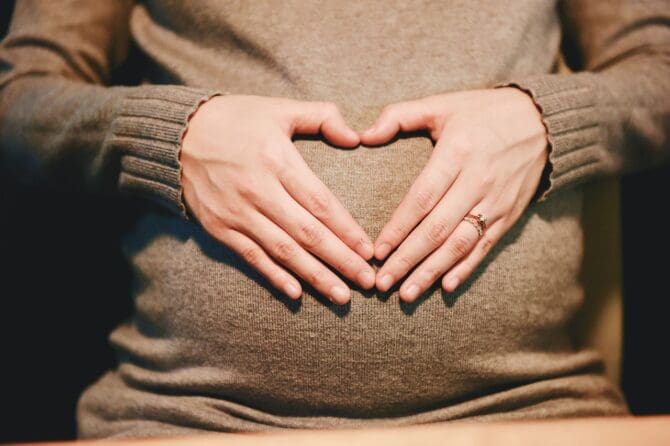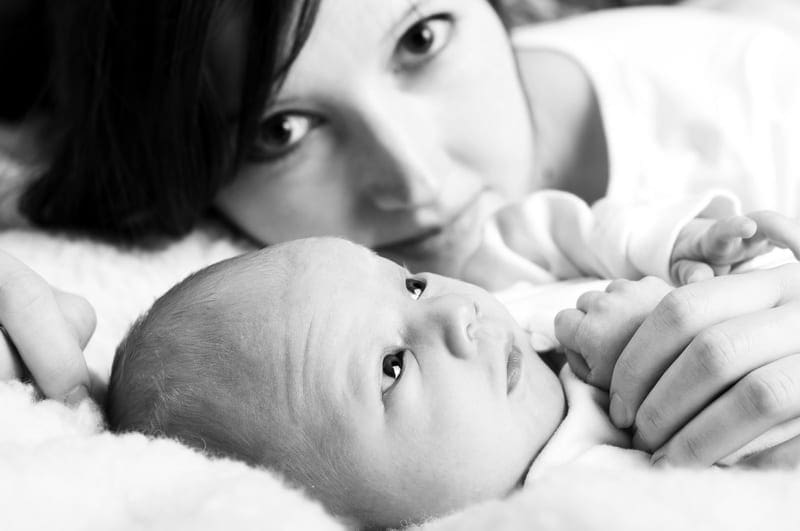It’s easy to use your imagination to picture the scene.
Marjorie and her husband Ken (not their real names), were having a night in watching TV when Marjorie told Ken they were expecting a baby. Apparently Ken was so surprised he almost fell off his chair!
Now, most people would see this as a cause for celebration, but what if I told you that Marjorie and Ken were both in their early fifties, and they had brought up three children, prior to taking early retirement? This was supposed to be ‘their’ time, when they had no-one to please but themselves. However, with the added pressure of being responsible for their own leisure time, the couple often feels like they have to fill every waking moment with some sort of activity.
Marjorie’s story is a shocking one that I found hard to believe at first when my friends told me. Marjorie didn’t know that a woman could get pregnant during menopause. She continued taking birth control until she started having hot flashes and spotting. Then she stopped because she assumed, like many women do, that menopausal symptoms meant she was now infertile.
All that the symptoms of menopause mean is that our hormone levels are becoming unbalanced. This doesn’t mean that we can’t conceive, though some women do suffer from premature menopause and may go through the process many years earlier than others. Menopause is a process that could potentially last for ten years, usually beginning in our early fifties. Although it signals the end of fertility, it is incorrect to believe that it has a start and a finish date.
A woman’s fertility decreases as she ages, and so it becomes less likely that she will fall pregnant naturally – but that doesn’t mean it’s impossible. In fact, there are many stories available to read online of women over fifty giving birth naturally.
This article is for those women who are of childbearing age but who are not looking to have children. For these women, menopause brings the freedom from worrying about contraception and pregnancy.
It’s possible for a woman to be going through menopause and still be fertile. Eggs are still being released and there is an adequate supply of the necessary hormones, so she can still become pregnant.
Even though a woman’s period may be irregular, or she may be bloated, as long as she is still menstruating, pregnancy is possible. In fact, it is best to continue using birth control until there has been no bleeding for twelve months in a row. After this point, it is impossible to get pregnant without the help of medical intervention because the lack of estrogen would make it impossible for conception to occur.
For women who become pregnant in menopause, there are both psychological and health considerations to think about. On the psychological side, late pregnancy can be a time of heightened anxiety and stress. There are also health concerns to consider, such as an increased risk of gestational diabetes and preeclampsia.
This is by no means a complete list of dangers, but it will give you an idea of what to watch out for.
Women over the age of 40 who are pregnant face an increased risk of infection, miscarriage, bleeding and several other potentially dangerous medical conditions, according to medical research. The risks grow higher with every passing year.
If you’re approaching an age where night sweats and hot flashes are becoming a reality, and you’re not interested in early morning feeds and dirty diapers, then don’t take a chance and hope for the best. Make sure you continue with birth control to avoid any unwanted surprises.











